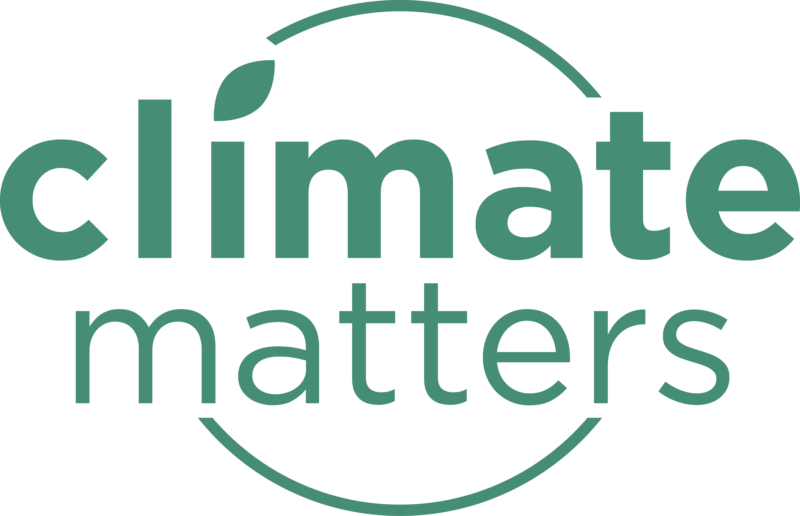Lost on the Road to Paris? The Framing of a 2 degree warming limit 2009-2014
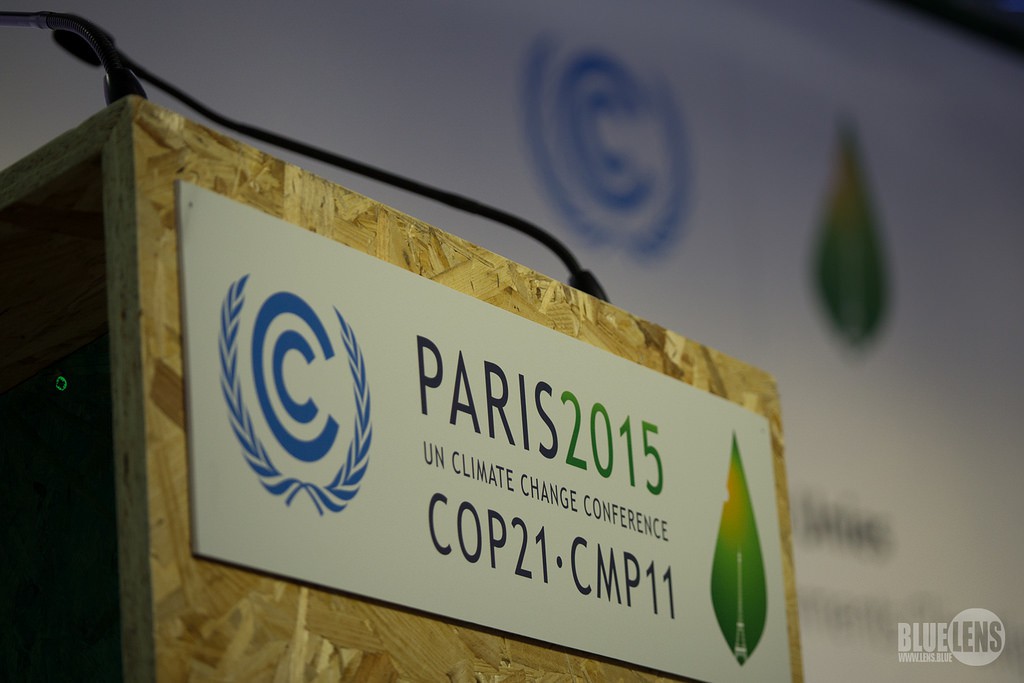
As the climate negotiations in Paris near their final rounds, some might be surprised by rather contradictory developments, which relate to the much discussed 2 degree threshold. This limit aims to keep warming within 2°C of the pre-industrial average.While the emissions reduction pledges put forward by the countries ahead of COP 21 in Paris were not sufficiently ambitious to […]
Exxon vs The People
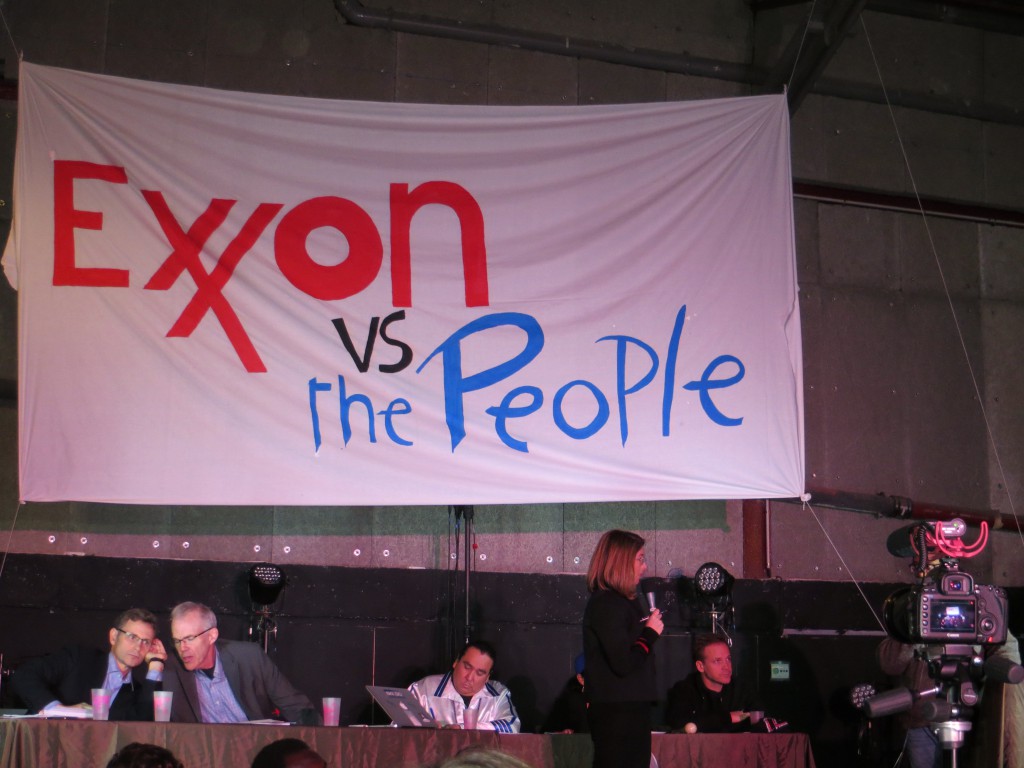
On Saturday in Montreuil, the site of the “alternative village” set up at COP21, Bill McKibben and Naomi Klein took ExxonMobil to court at what they called “The People’s Climate Summit.” It was a mock trial that was also a significant public event.
A climate of change in media coverage?
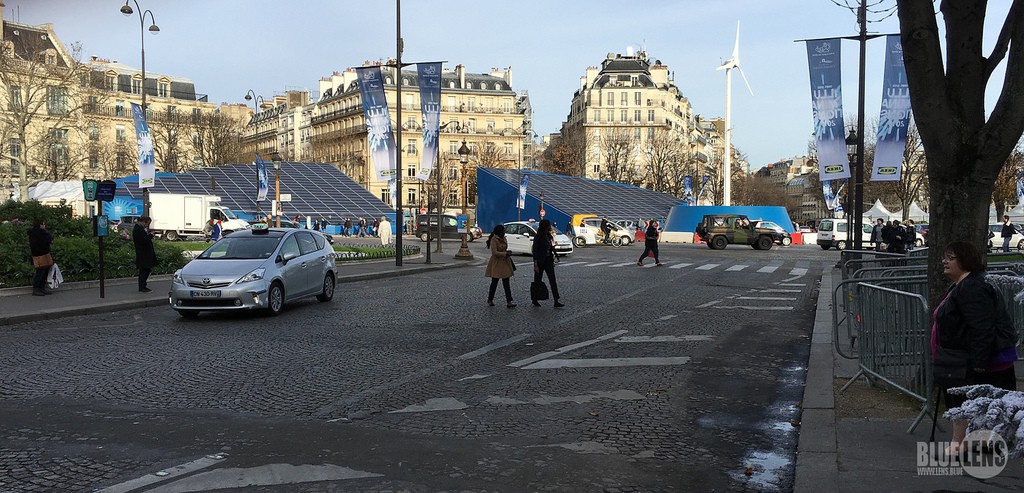
My twitter account has slowed down during the second week of COP21. Was it because no one had new stories to tell from Paris? Did my contacts all leave the conference? If so, with what feelings? As person that hasn’t been to the summit and therefore was unable to directly pick up the notion of […]
Paris Climate Summit – Media Summary – 9.12.15 – Canadian Coverage
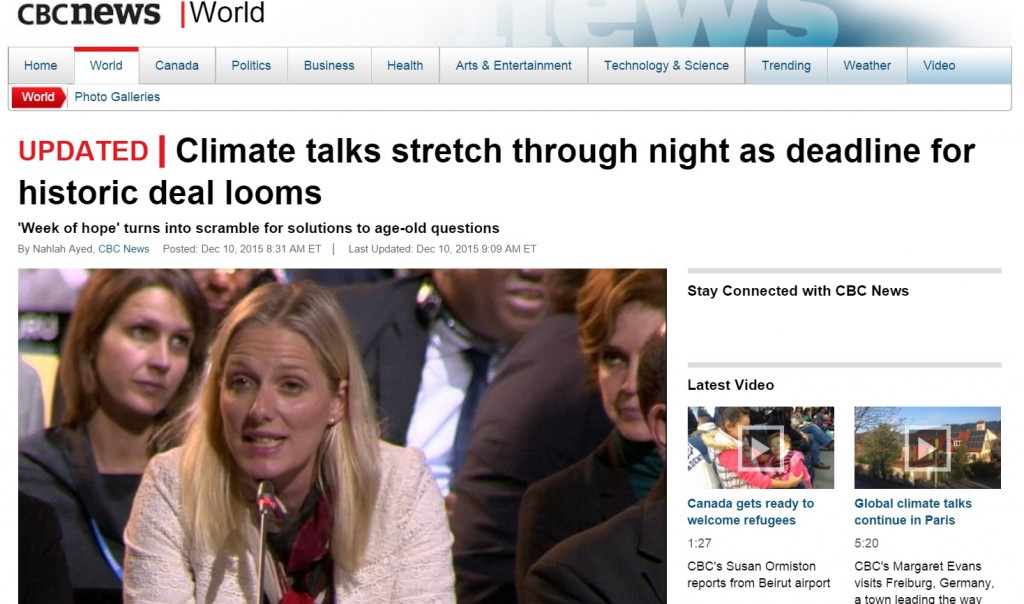
Three publications’ coverage relating to COP212 were examined from yesterday: CBC, The Toronto Star and The Globe and Mail.
Public meanings in Paris : Analysing Twitter hashtag trends from COP21
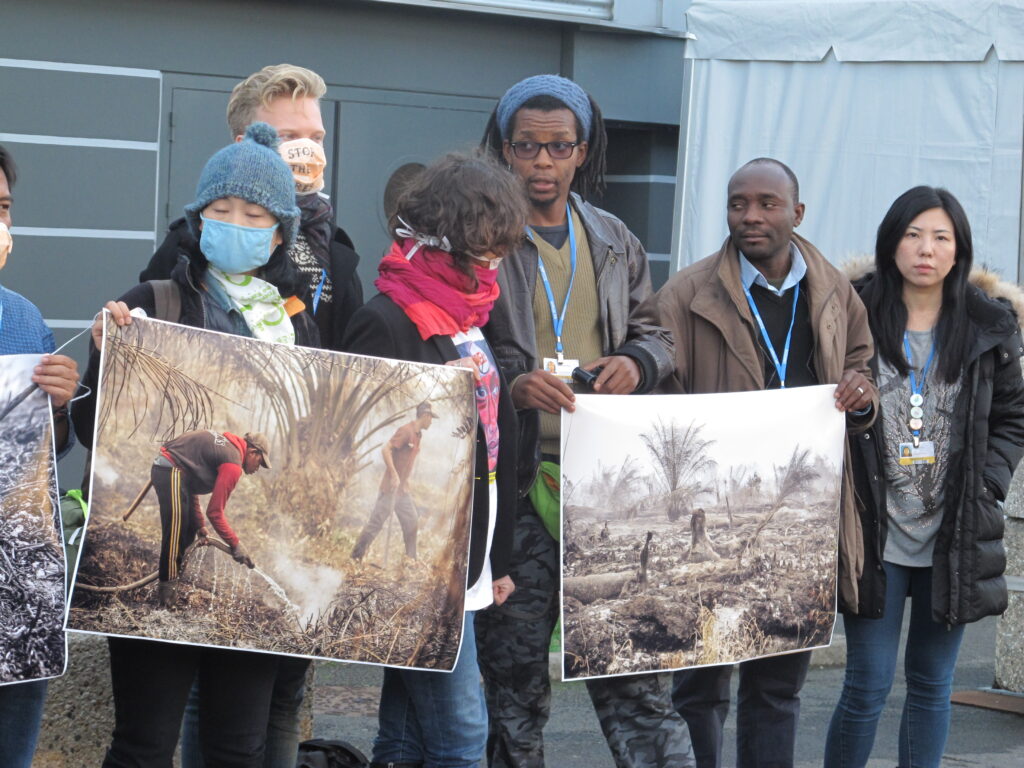
Anyone with a passing interest in climate change will know how intractably difficult international negotiations have proved in the past, reaching a low-point at Copenhagen. Whatever the outcome this week in Paris, the preponderance of ‘square brackets’ in the latest draft document (signifying those issues still to be resolved) indicates that the task remains troublesome. […]
Paris Climate Summit – Media Summary – 6.12.15 Brazilian Media Coverage
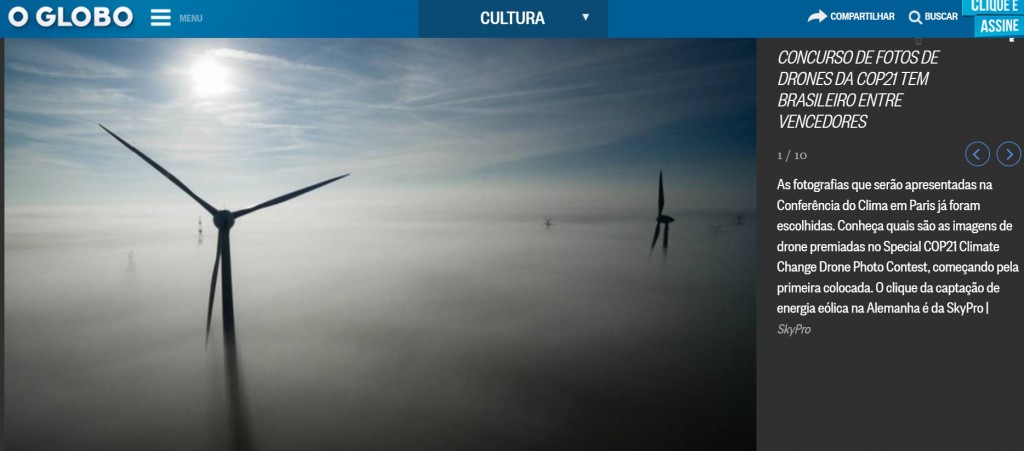
In Brazil, the political turmoil is overshadowing the media coverage of the COP21. This weekend, Venezuela had general elections which received major attention from Brazilian outlets. Nevertheless, all the main newspapers had a special section on their websites dedicated to the conference – they are updated daily with articles written by correspondents, international news agencies […]
Why there needs to be more public debate on climate change
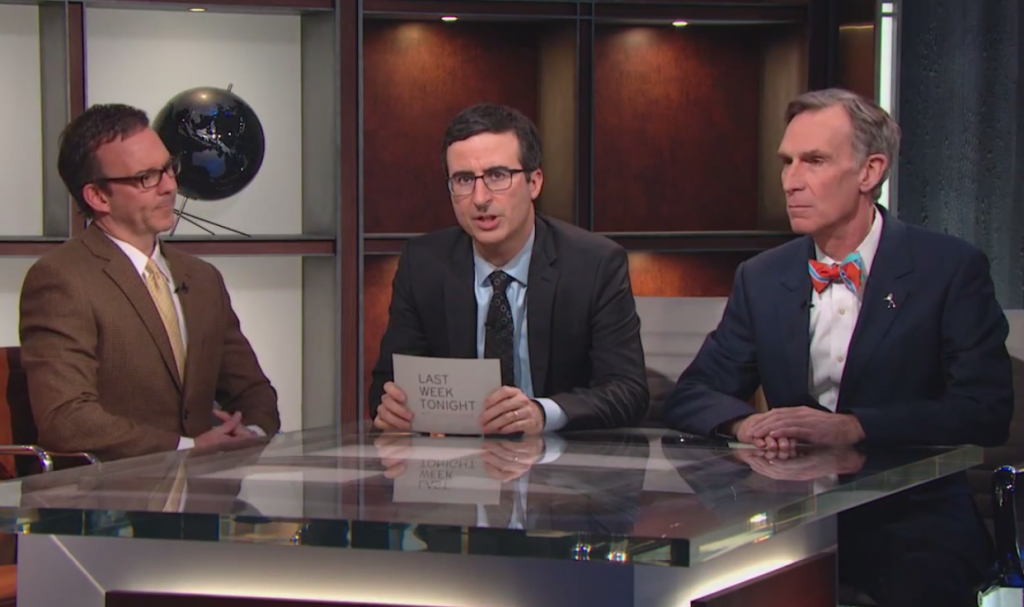
Everybody’s eyes are on Paris at the moment. For one week the climate summit has already filled many headlines, columns and articles in the media world. It is a typical pattern. In fact, media researchers know that the conferences are rare times for climate change to get public attention. Paris is probably a new dimension – […]
Security measures and civil action: an analysis of media coverage at #COP21

The day after the Paris attacks, a state of emergency was declared in France. As a result, civil liberties were restrained and exceptional police powers were dedicated to regulating the movement and residence of the public. The state of emergency was promulgated by the French Assembly for a period of three months beginning on November […]
Do the mainstream media tell the full story? A critical account of coverage at COP21
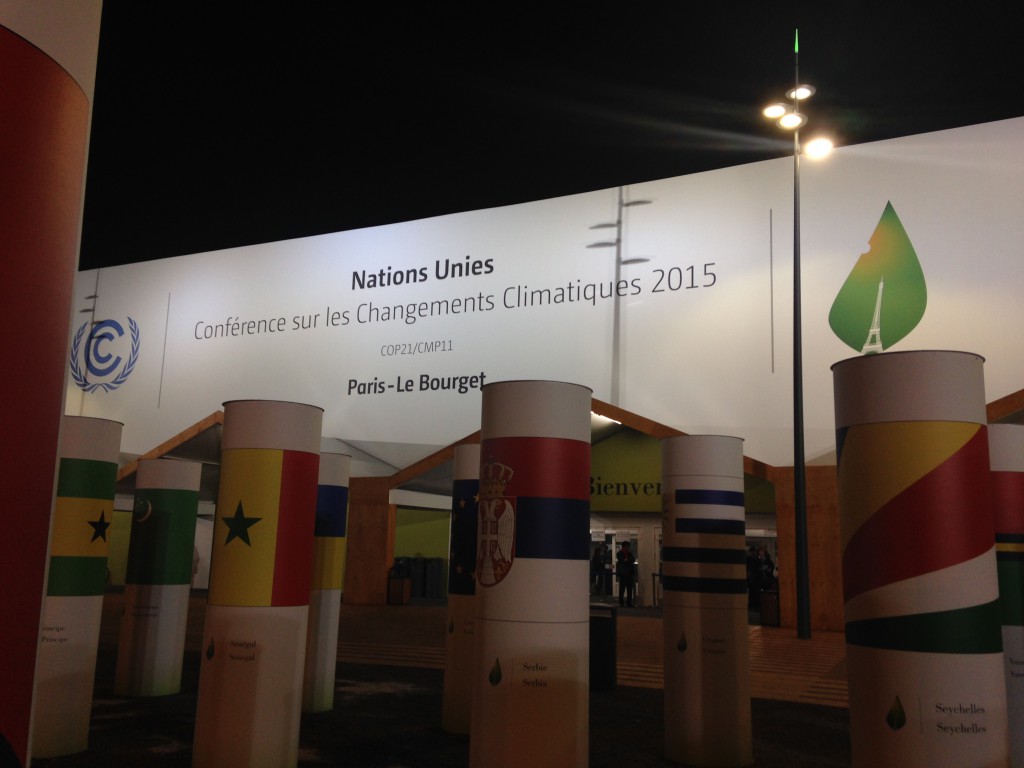
Do you need a ticket to COP21 in order to get the full story of what goes on? A week ago in Bilbao Spain, this provocative question was posed by Dr. Unai Pascual to a discussion group at the Basque Center for Climate Change. Unai’s question is an open one I’ve pondered in the lead up to the Paris […]
How data journalism is impacting the climate change debate
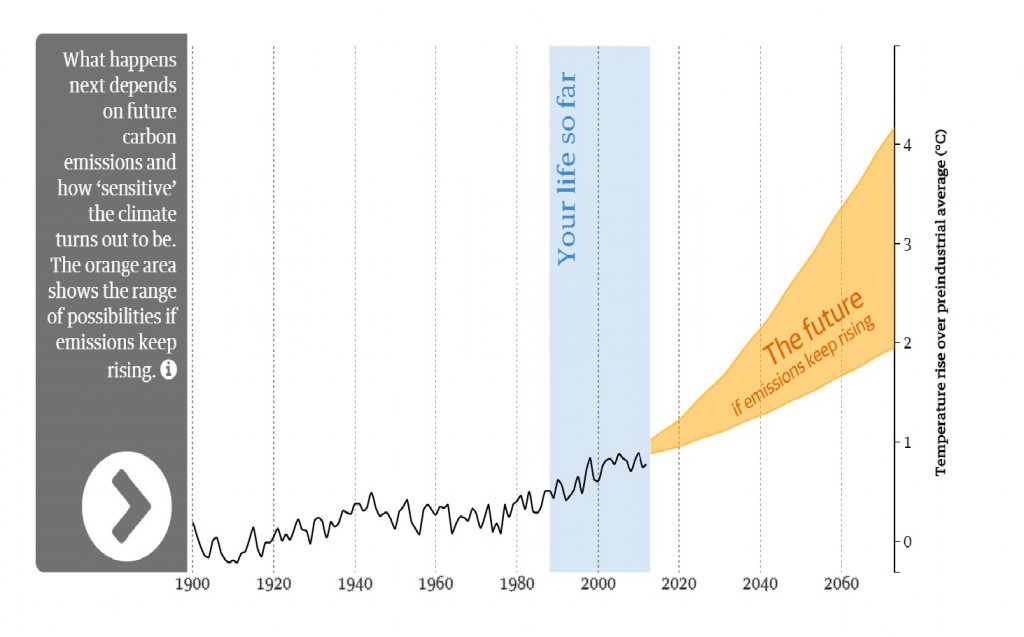
Climate conferences serve multiple purposes. Besides being important political events, they are also global media spectacles which push the topic of climate change to the top of political, scientific and public agendas. Scientific data is always at the heart of the way climate change is discussed. Whether it be weather records, measurement of greenhouse gasses in […]
